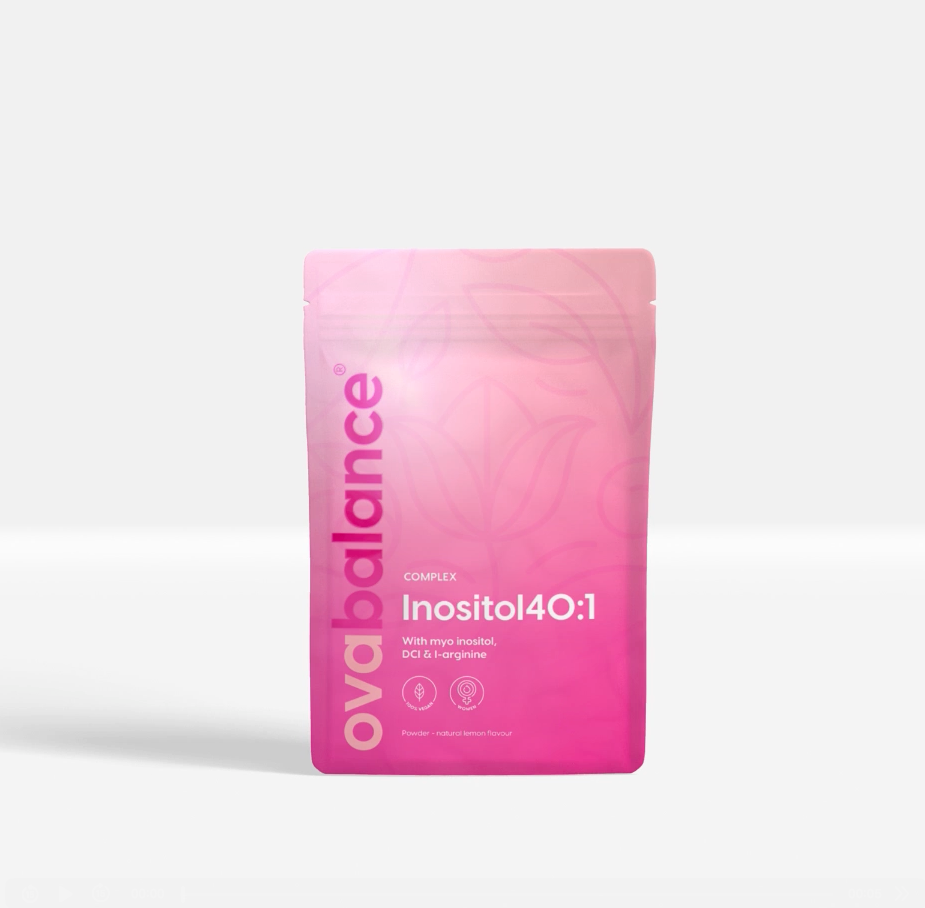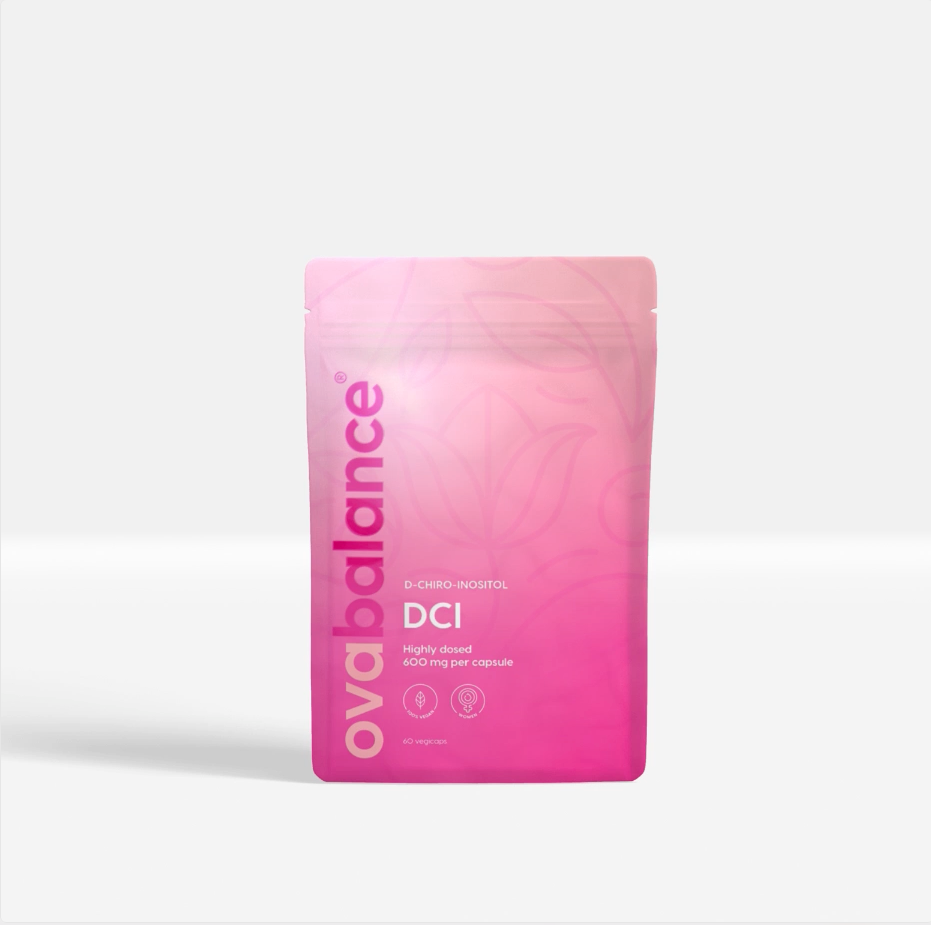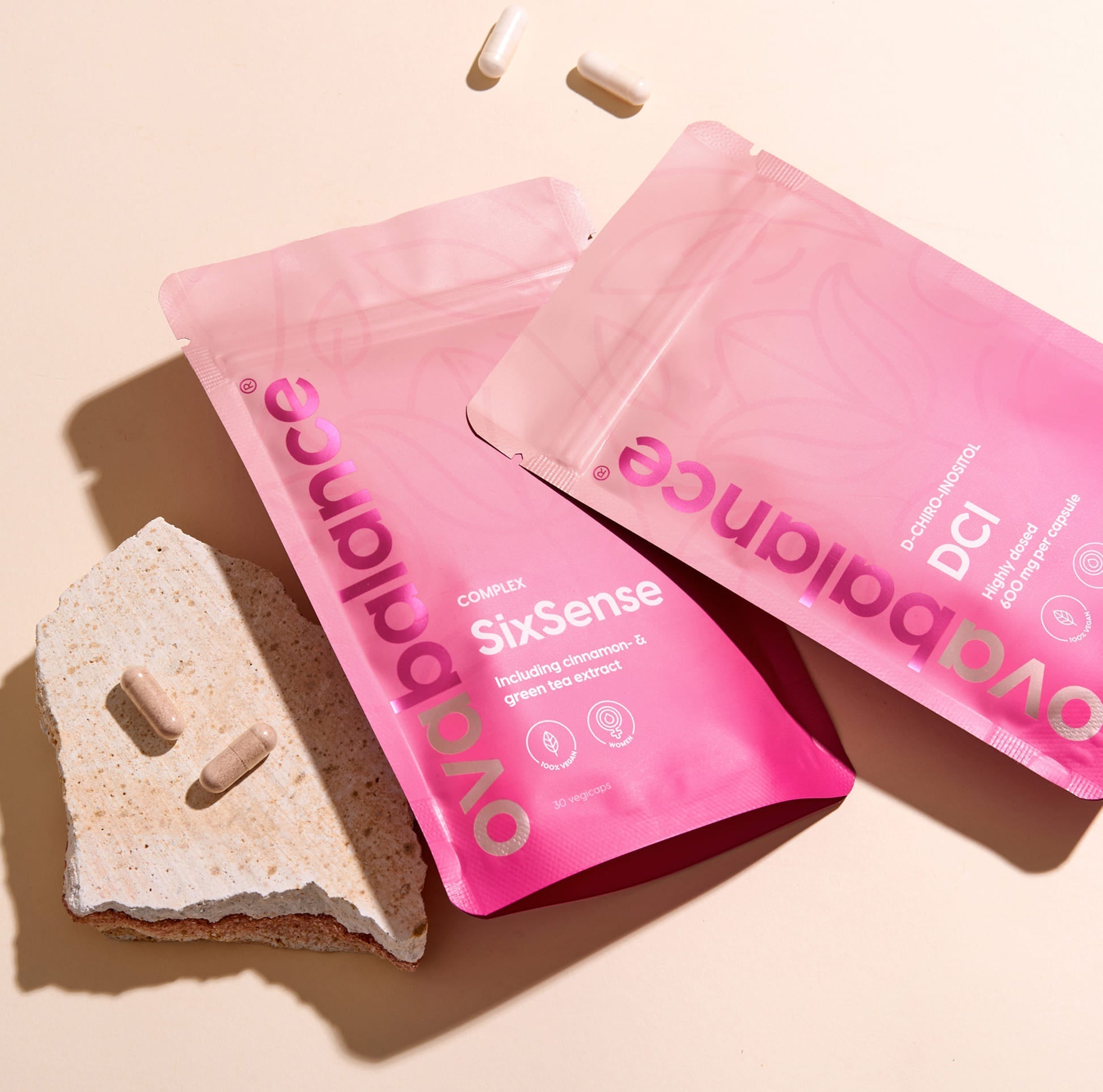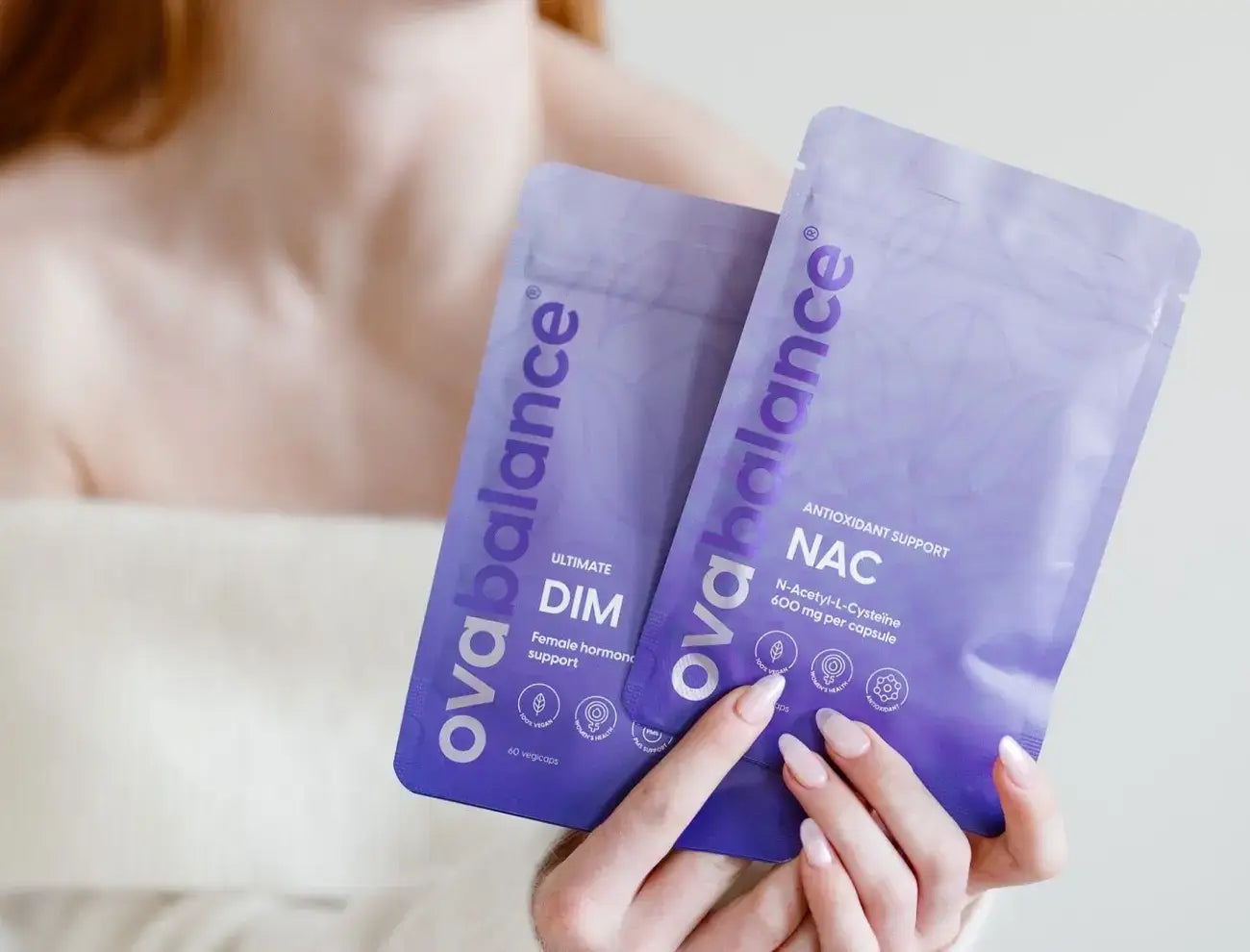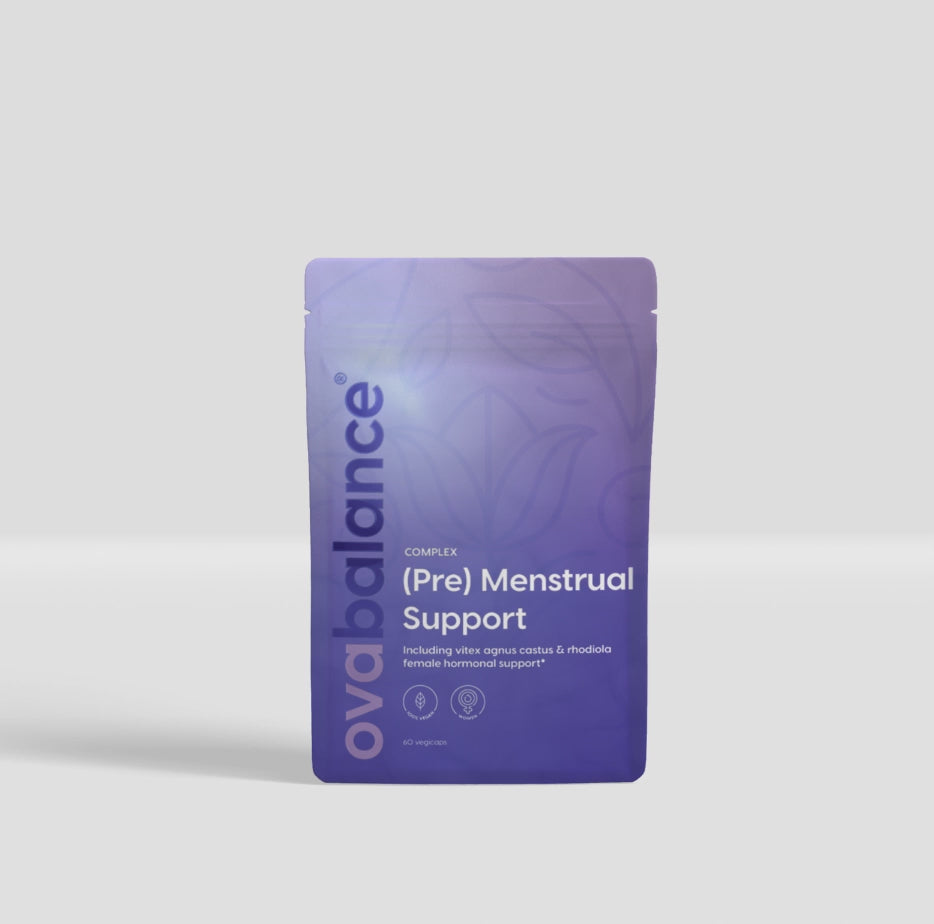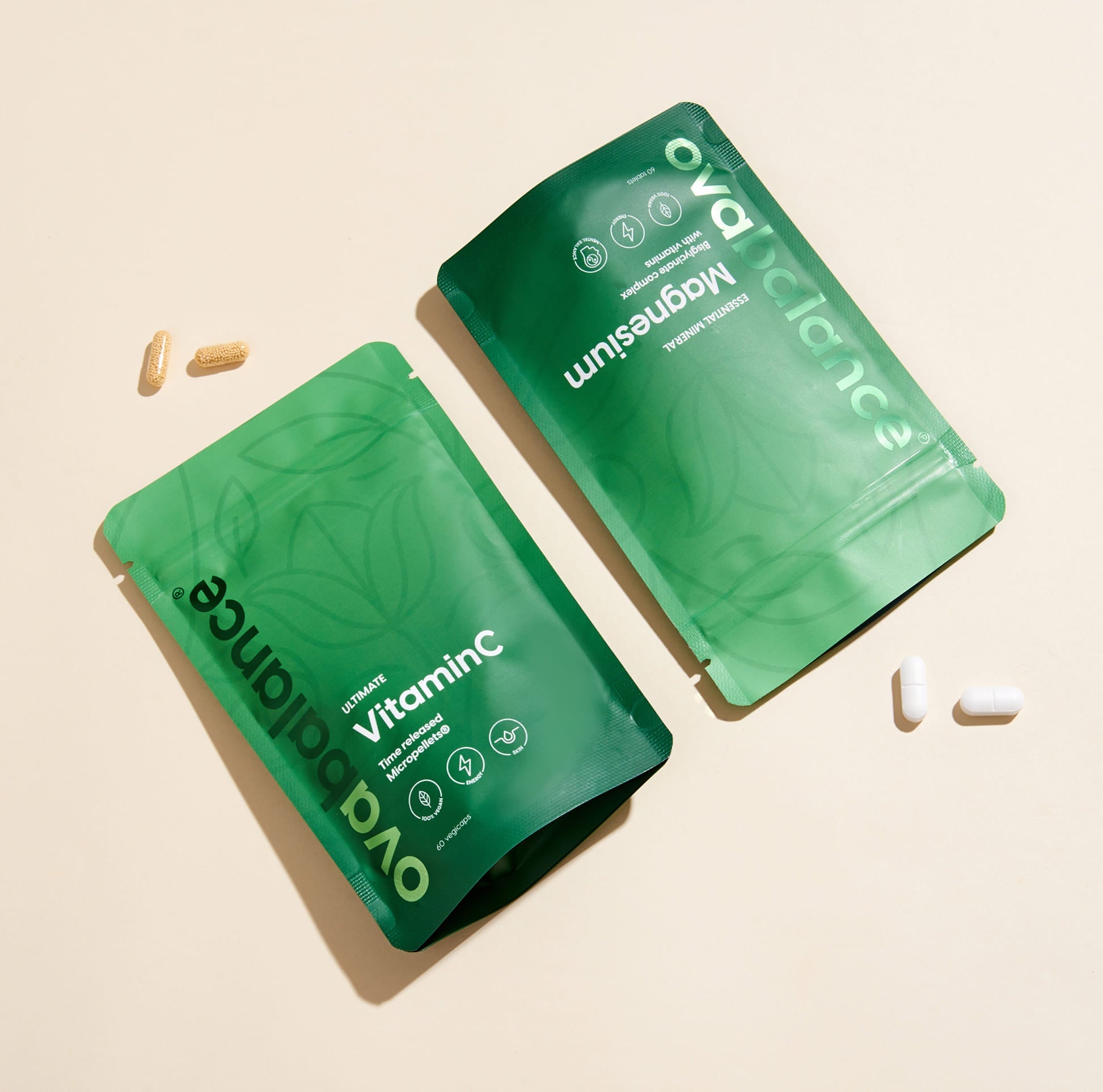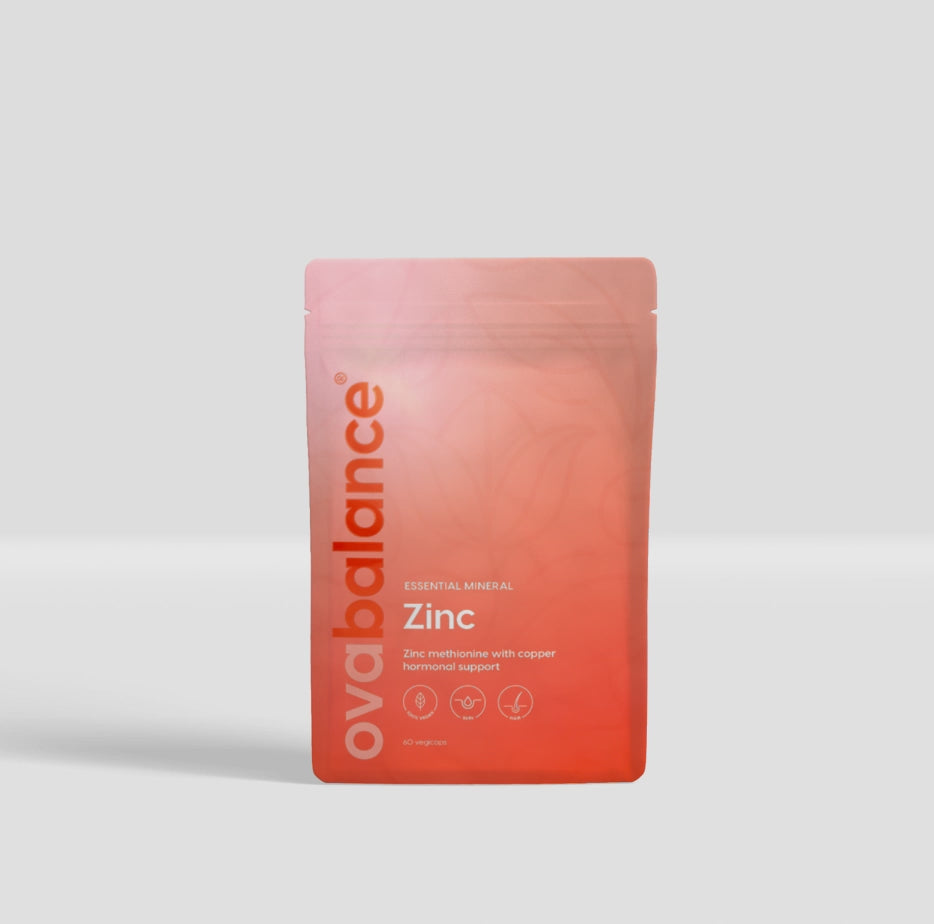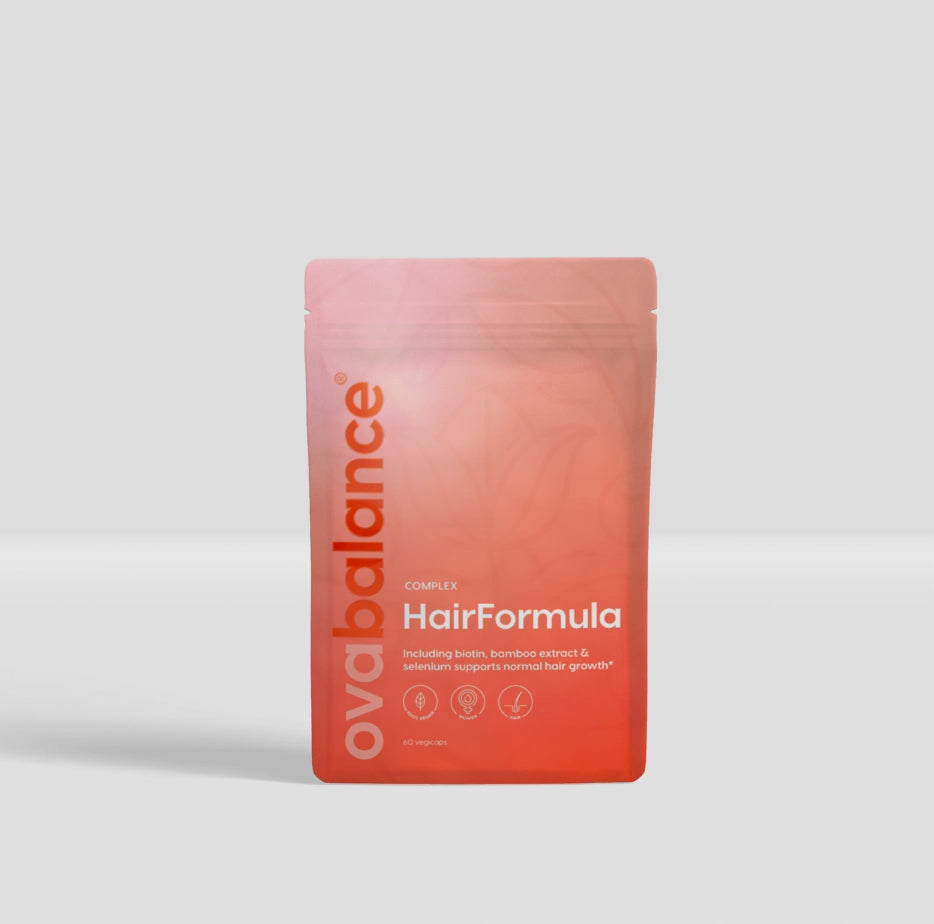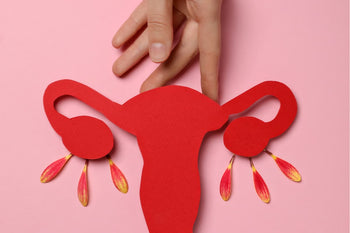

Do you feel unwell, unhappy or in pain during the days before your period? And are your complaints so severe that you cannot function normally? There is a good chance that you are dealing with premenstrual syndrome, better known as PMS. What exactly is PMS and what symptoms are associated with it? And more importantly, what can you do to alleviate the physical and emotional challenges that come with it? In this article we will delve deeper into this.
Contents
What is PMS?
PMS is a collective name for the symptoms that can occur before your period. If you have PMS , your symptoms will return every month in the days leading up to your period. The exact symptoms you experience are different for every woman, but they can be both physical and emotional. For example, you may feel unhappier and more emotionally unstable than normal. You may also have problems with your breasts or a bloated feeling in your stomach.
PMS symptoms can be so severe that they hinder you in your daily life. You do not function or function less well on the days before your period starts. Characteristically, the symptoms disappear as soon as you have your period.
PMS signs and symptoms
Although the symptoms can be different for every woman, you may recognize yourself in the following symptoms of PMS:
Emotional PMS complaints:
- To be irritable;
- Becoming emotional more quickly;
- Mood swings;
- A tired and listless feeling;
- Depressive complaints or anxiety.
Physical complaints with PMS:
- A bloated feeling in your stomach;
- Breast pain;
- Joint pain and muscle pain;
- Fluid retention in the hands and feet.
Typical for PMS is the moment that the symptoms occur, namely before your menstruation. Pain or symptoms during menstruation are not part of PMS, but are separate from it.
What causes PMS?
The cause of PMS is not yet fully understood, but it is likely related to your sensitivity to the hormone progesterone . PMS symptoms occur after ovulation and before menstruation. During this period, your body produces the hormone progesterone. Women with PMS do not produce as much of this hormone, but are more sensitive to it [1]. A bloated stomach, fluid retention and painful, tense breasts can be the result.
We also know that there are genetic factors at play. PMS is more common in some families than in others. And it is more common in older women than in young women. Especially after having children. The symptoms can also increase with age. It is estimated that 4 to 5% of women between the ages of 15 and 45 suffer from PMS [1,2].
What can you do yourself about PMS?
Lifestyle choices can affect your PMS symptoms. This means that you can often achieve a lot by making adjustments to your lifestyle.
- Take your cycle into account : If you have PMS and a fairly regular cycle, you know roughly on which days you get symptoms. Take this into account, for example by putting it in your agenda and not planning these days too full, or even completely empty. This way you give yourself the peace and space you need and you do not set too high demands on what you have to do in the period before your period.
- Get enough exercise : By staying active you will feel better. So try to exercise a few times a week.
- Eat healthy : Healthy eating can also help you with PMS symptoms. Eat less sugar and also avoid products with caffeine, such as coffee, tea and cola. Also avoid alcohol.
- Relaxation exercises : Because stress has a bad influence on PMS symptoms, it is good to do relaxation exercises. Meditation or breathing exercises help you to relax more and reduce stress.
- Herbal Supplements: Some herbs, such as Vitex Agnus Castus, are used as natural remedies for menstrual discomfort*.
Support with supplements
In addition to a healthy lifestyle, you can opt for additional support with supplements.
Due to legislation regarding health claims, we cannot provide extensive information about the ingredients in OvaBalance supplements. In accordance with legislation, we keep information about supplementation separate from the promotion of our products. If something is unclear and you have a question, please feel free to contact us .
Sources:
[1] https://www.degynaecoloog.nl/onderwerpen/premenstrueel-syndrome-pms/#wat-zijn-de-oorzaken-van-pms
[2] https://www.maasstadziekenhuis.nl/media/4644/02079-nl-premenstrueel-syndrome-pms.pdf

